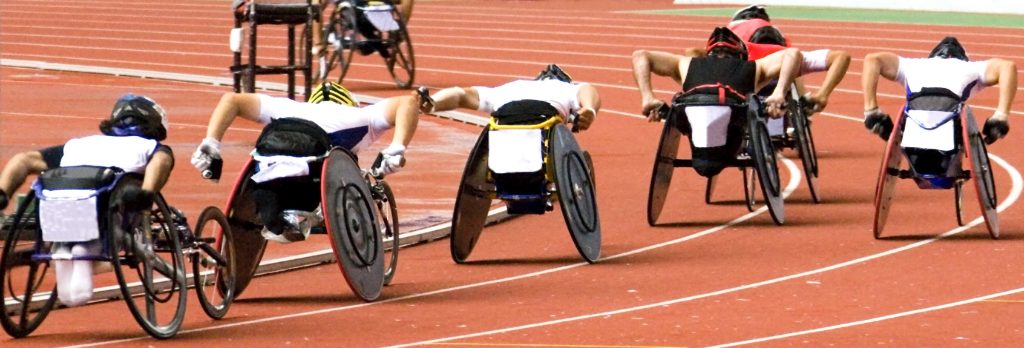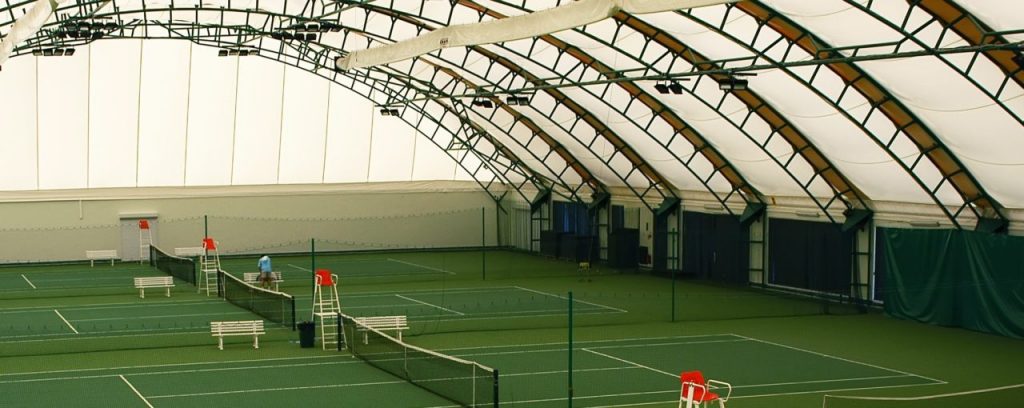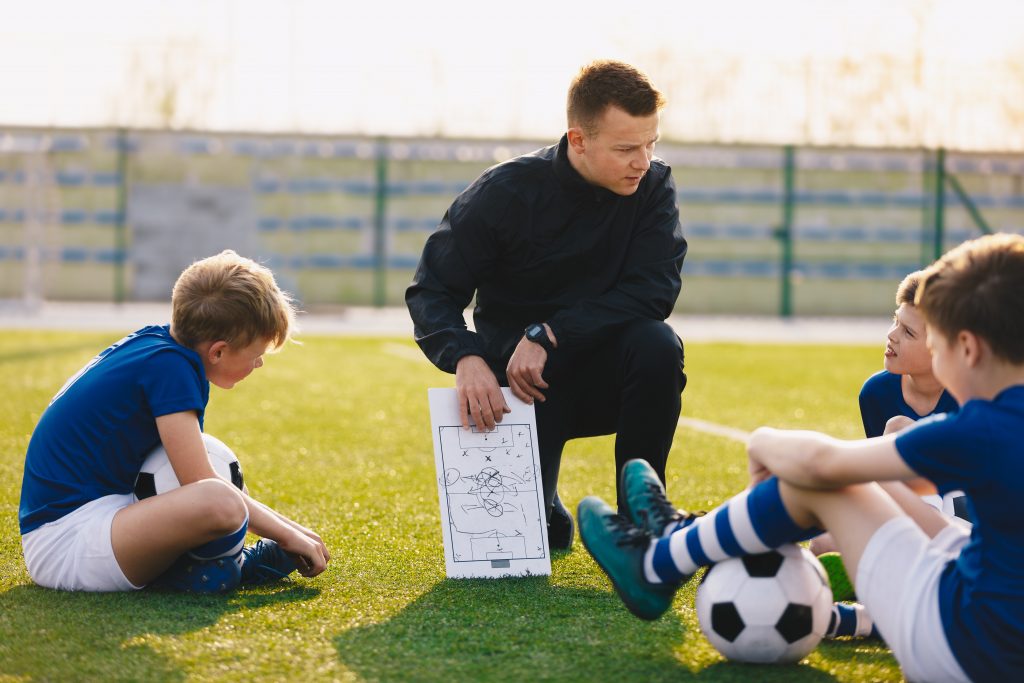Increasing Distinction in Para Sport Event Management

The concept of “inclusion” is pervasive in the current sport environment, with organizations from the community to international levels considering how to ensure all individuals have access and opportunity to participate. Generally, inclusion means that all people, regardless of their abilities, disabilities, or specific needs, have the right to be respected and appreciated as valuable…
Is There a Role for Weight Training in the Physical Development of Children?

Once considered a fringe activity, weight training has grown in popularity in the last 20 years due to its benefits for improving health, physical fitness, and performance. Weight training is often included in high school physical education classes and promoted for young athletes as a supplement to sport training. However, various myths regarding weight training…
Tennis Canada’s Covered Courts Program – Driven By Data

Tennis Canada’s mission is to lead the growth of the sport in the country. That mission can only be accomplished with more individuals playing more tennis more frequently. However, to increase participation rates, one important barrier needs to be addressed – winter. Enter Tennis Canada’s Covered Courts Program. This article discusses how Tennis Canada leveraged…
A Positive Environment for Volunteer Coaches: The Role of Psychological Contract

Community sport organizations or clubs are the cornerstone of sport in Canada. A vast majority of these community sport clubs rely almost exclusively on volunteers for their management and program delivery (Cuskelly, Hoye, & Auld, 2006; Doherty, 2005). A threat to these organizations and their sustainability is acquiring and retaining volunteer coaches to deliver the…
Cannabis and Sport: Perspectives from a Seat in the Canadian Senate
Canada’s Olympic history is a decorated one. There have been so many moments of note that we sometimes need reminding of what has transpired as the years pass as the medals pile up. For instance, February 2018 marked twenty years since Ross Rebagliati won Olympic gold in snowboarding. His win was notable not only for…
Managing the Risk of Athlete Burnout With or Without Early Specialization
Parents who dream of their children becoming professional athletes, and coaches who believe that single-minded dedication is the only way to reach the top of their sport, have contributed to an increase in early sport specialization. However, there are many researchers, coaches, and athletes who have been pushing back on this trend, citing a range…
Gender Equity is Good Governance – Lessons from the Sport Sector
The gender makeup of sport, and sport leadership, is changing. In 2018, the Government of Canada made it clear that gender equity is a priority for all levels of sport, setting a target to achieve gender equality by 2035. In February, as part of the Red Deer Declaration, the federal, provincial and territorial Ministers responsible…
Using app-based technology to influence the physical activity of Canadians
Despite the plethora of positive health outcomes associated with regular physical activity, only 18% of Canadian adults currently meet national physical activity guidelines (Statistics Canada, 2017). To help buck this concerning trend, ParticipACTION has developed an app to get Canadians active and engaged in a movement for more movement. The development of the app demonstrates…
Why Transgender Eligibility Policies Aren’t Enough
In releasing its transgender inclusion policy in September 2018, U Sports joined an ever-increasing list of organizations, from the community to international levels, that have implemented policies to regulate the inclusion of athletes who identify as transgender. Organizations with trans inclusion policies include, but are not limited to, school divisions (e.g. the Toronto District School…
Coming of Age With Relative Age Research: Origins, Consequences, and Potential Solutions
On October 17, 2018, Relative Age Effects: An International Conference was hosted at York University where leading international scholars gathered to discuss the implications of athletes’ dates of birth on sport, health, and education. This article highlights the history of the phenomenon known as the “relative age effect” as well as its impact on sport,…